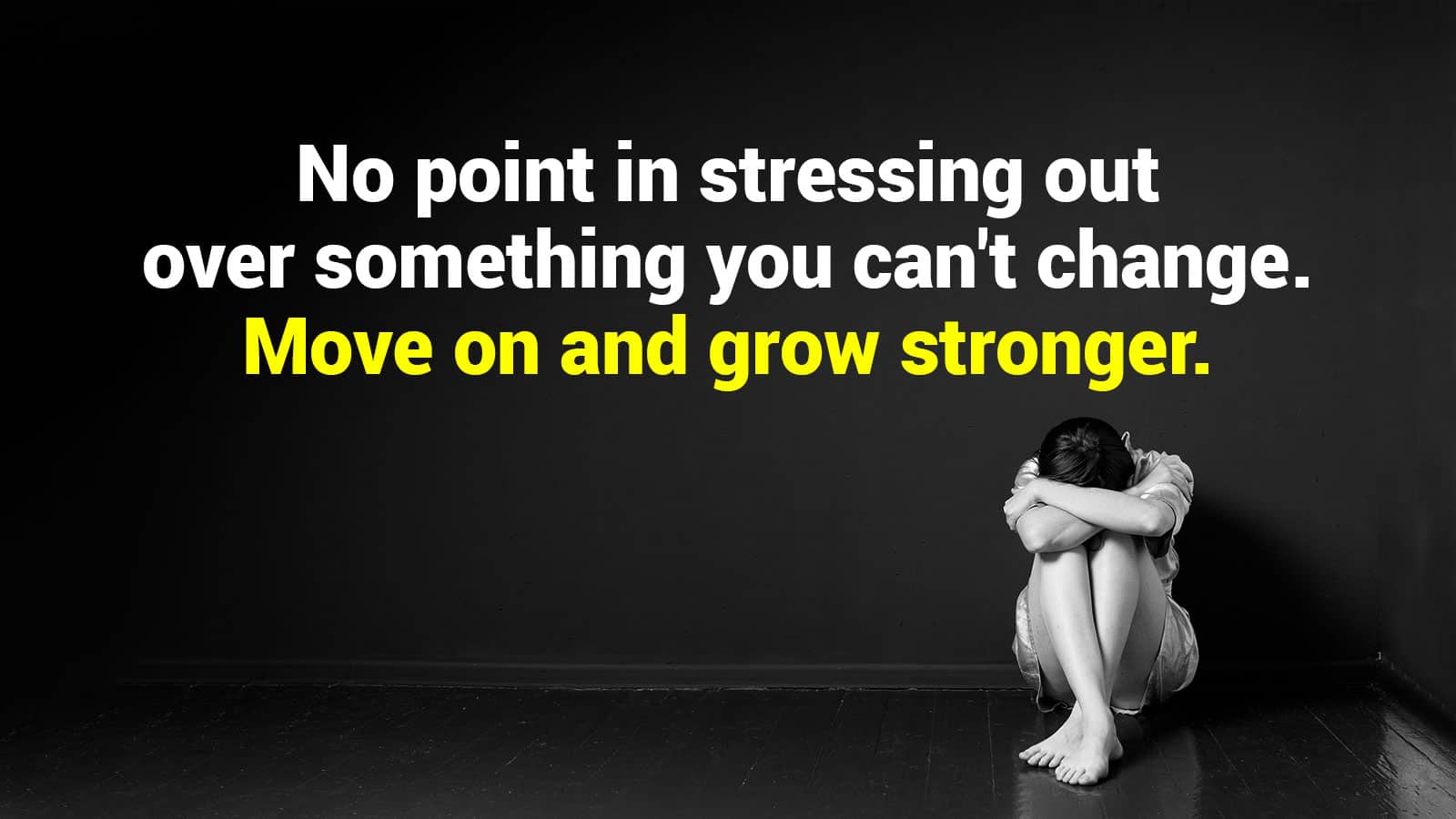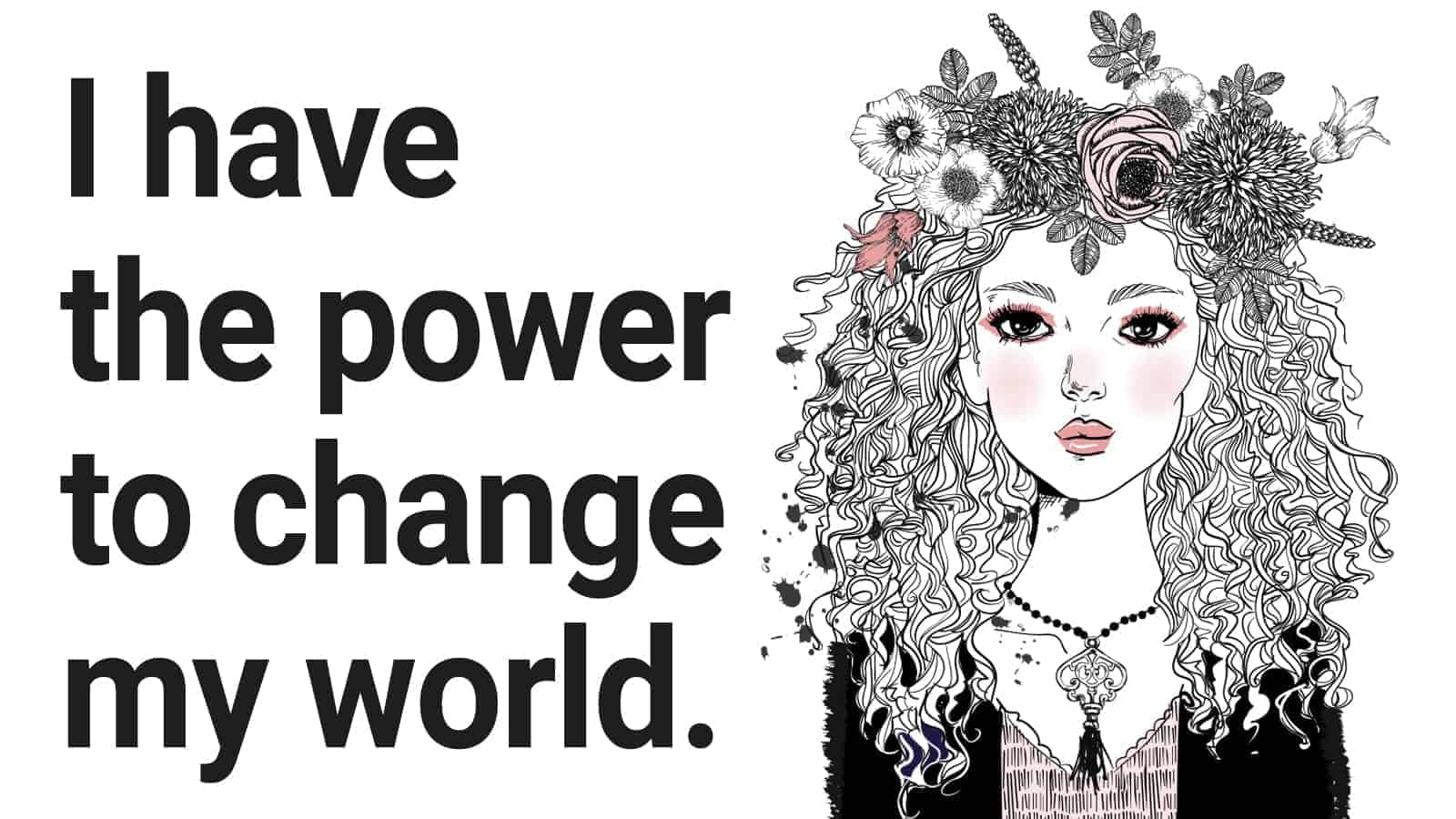Have you ever read motivational quotes when you were feeling down and became inspired? Or maybe you were stuck in traffic for the last hour, and instead of screaming out the window, you closed your eyes and took a couple of deep breaths. You need a dose of good, old-fashioned patience.
This is the art of practicing motivation and becoming more patient. The two of them often coincide for various reasons. You can be a motivated person but not patient and vice versa. However, both will lead to burnout and potential health problems if you don’t learn both.
Often, people that are impatient but are motivated will feel like a failure. This outcome happens when they haven’t reached a goal by a particular time and won’t feel as accomplished once they reach it. The same applies to being patient but in a different way. Impatience can lead to feeling like the goal is unobtainable. Lack of motivation continues to happen, leading to unsuccessfulness.
The good news is they both can be practiced with simple techniques and come with a set of health benefits.
Science Behind Motivation
Motivation is the reason one has to act in a certain way. Without motivation, one couldn’t achieve their goals. It can be for many reasons, and usually, people have more than one motive for behaving the way they do.
There are two types of motivation: intrinsic and extrinsic. Intrinsic motivation refers to an internal desire to accomplish a particular goal. This type tends to cause people to work harder, and the accomplishment is more rewarding. Extrinsic is when other people or events drive the desire.
In 1943, an American psychologist, Adam Maslow, developed the hierarchy of needs. This theory states that humans are inherently motivated to become better and move towards self-actualization. Humans would need to attain and satisfy the different levels of demand from the most basic like food, to higher-order needs like love.
The theory expanded to include self-transcendence. People achieve the peak of growth and discover the meaning of life by tending to things beyond themselves. While many people challenge this theory, it’s also widely regarded in terms of understanding why humans have motivation.
Why Do I Lack Motivation?
A lack of motivation can happen to anyone at any time. There are various reasons as to why someone loses motivation. It can stem from depression, only doing tasks you have to do and not what you desire to do or even rejection. The good news is that you can regain motivation. The first step is to find the cause of the loss of motivation.
Tips for Gaining Motivation
1. Find the root cause of motivation loss and address it
Sometimes we can lack motivation due to health reasons or if we have too much on our plate. Finding out the cause of the problem and confronting it will allow you to move forward.
2. Select an obtainable goal
Often, we pick unobtainable goals in the short term. This can cause us to feel overwhelmed or frustrated when we aren’t fulfilling the purpose. Starting out small can help you regain focus.
3. Stay positive
Negative thinking or focusing on the adverse outcomes can change your perception of yourself and the goal. Reading motivational quotes can help inspire you to think more positively. With a positive attitude, you’re more likely to look at the bigger picture of what’s to come.
4. Take a day and do something you enjoy
It can be easy to get caught up in accomplishing your goal that you become burnt out. Doing something you love, like going for a walk or seeing a movie, can clear your mind and refocus your energies.
Science Behind Impatience
“Patience is a virtue.” ~William Langland
In today’s world, it’s easy to get caught up in the hustle and bustle of life. Things are literally at our fingertips, and waiting has become a thing of the past. The problem with that is sometimes you do need to wait and do something later and not now. Being patient is often perceived as a weakness compared to an attribute of the strong.
Why Becoming Patient is Important
Becoming a patient person is crucial for many reasons, and not all of them are for virtuous purposes. It comes with health benefits. Studies show that it can reduce negative emotions and reduce depression. Patient people are more likely to express more prosocial behaviors like generosity, empathy, and compassion.
Studies found that there are three types of patience that people must learn.
1. Interpersonal
This type is when you’re dealing with an annoying person or someone angry or upset. Those that are more patient tend to be more hopeful and satisfied in life.
2. Life circumstances
Life can be rough sometimes. Expressing positive thinking like things will get better after problems arise like a job loss or battling illness is linked to hope and courage.
3. Daily challenges
This is similar to the first one but involves more about dealing with waiting, delays, or anything that gets you irritated. Staying patient in these matters links to better mental health and less depression.
Research found that those patient interpersonal tend to make better progress towards their goals. They were also more satisfied when they accomplished them compared to less patient people.
Not being a patient person links to many adverse health problems. A study found that those who were less patient experienced more health problems. These ranged from headaches, ulcers, acne, sleep problems, diarrhea, and a weak immune system.
Studies suggest that being patient isn’t a set personality trait. Anyone can learn to become patient over time. Like with anything in life, it takes practice.
Tips to Develop Patience
1. Reexamine the situation
Despite how it feels in the moment, impatience isn’t an automatic response. It involves your thoughts and beliefs. For example, you might feel as though someone is being disrespectful for being late. Instead, take the extra time and read a book, motivational quotes or grab a quick snack. Developing patience deals with self-control. Regulating our emotions when something goes wrong trains our thinking.
2. Try some mindfulness exercises
Studies show that being present in your experiences and feelings can help with being patient. Mindfulness exercises are as simple as taking a deep when you’re irritated or overwhelmed. You can practice it anywhere and in many alternative ways. Popular ways include meditating while seated, yoga, or sports. You can even read mantras such as motivational quotes to distract your mind and calm you down.
3. Express gratitude
Studies on those who express gratitude show that they’re better at delaying gratification. The research presented the choice of receiving a cash reward right away or waiting a year for a more considerable sum. Those that expressed less gratitude took the cash payment right away and received once $18 was offered, but others waited until it was at least $30.
Motivational Quotes for When You Need a Boost of Patience
1. “Life is 10% what happens to you and 90% how you react to it.” – Charles R. Swindoll
2. “All in good time.” – Horace (65-8 BC)
3. “It does not matter how slowly you go as long as you do not stop.” – Confucius
4. “Patience can’t be acquired overnight. It is just like building up a muscle. Every day you need to work on it.”- Eknath Easwaran
5. “One moment of patience may ward off great disaster. One moment of impatience may ruin a whole life.” – Chinese Proverb
6. “Patience is not simply the ability to wait – it’s how we behave while we’re waiting.” – Joyce Meyer
7. “Have patience with all things. But, first of all, with yourself.”– Saint Francis de Sales
8. “A man who is a master of patience is master of everything else.” – George Savile
9. “Develop an ‘Attitude Of Gratitude.” Say thank you to everyone you meet for everything they do for you.” – Encouraging Quote By Brian Tracy
10. “One minute of patience, ten years of peace.” ~ Greek proverb
11. “Nature does not hurry, yet everything is accomplished.” – Lao Tzu
12. “The pessimist sees difficulty in every opportunity. The optimist sees opportunity in every difficulty.” – Winston Churchill
13. “It’s not whether you get knocked down, it’s whether you get up.” – Vince Lombardi
14. “All good things come to he who waits.” – Proverb
15. “Patience is the best remedy for every trouble.” Plautus
Final Thoughts: Find the Self-Motivation to Learn Patience
Motivation refers to the way you behave based on a goal you have. You can lose sight of your motivation for various reasons, including health problems like depression or anxiety. There are many ways you can get on track and redirect your thinking to help keep you focused. Taking care of your basic needs, doing something you want to do, gain inspiration by reading motivational quotes, and practicing positive thinking can make all the difference in achieving your goals.
Being patient is a personality trait that can be practiced and gained over time. More importantly, this virtue offers plenty of health benefits. And, it reduces the negative impacts of stress related to impatience. So try some of these techniques– you’ll grow from them in the long run.
























